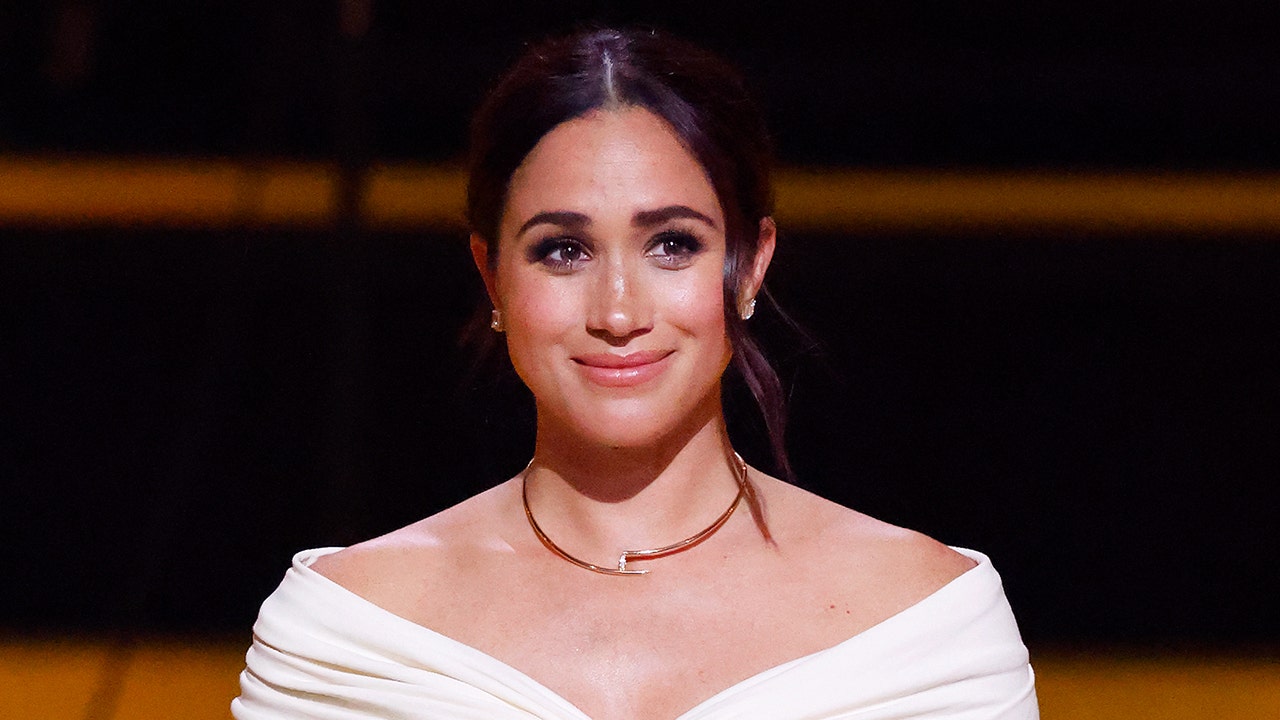Meghan Markle’s New Venture: A Dismissal of Economic Realities?
Meghan Markle, the Duchess of Sussex, has launched a high-end lifestyle brand, American Riviera Orchard, amid rising inflation and consumer financial strain. The venture, announced in March 2024, promotes luxury home goods and wellness products, sparking debate over its alignment with current economic challenges. Experts question whether the brand caters to elite tastes while overlooking the budgetary pressures facing average households.
A Lavish Vision in a Cost-of-Living Crisis
Markle’s brand emphasizes artisanal craftsmanship, organic ingredients, and aspirational living—a stark contrast to the financial realities of many consumers. With U.S. inflation hovering at 3.5% and U.K. food prices up 25% since 2020, critics argue the timing is tone-deaf. “Launching a premium-priced lifestyle brand during widespread economic uncertainty risks alienating the public,” says Dr. Emily Carter, a consumer behavior analyst at London School of Economics. “It suggests a disconnect from the very people who once supported her.”
Key concerns include:
- Pricing: Industry insiders estimate the brand’s products could cost 300-500% more than mass-market alternatives.
- Target audience: The venture appears tailored to affluent demographics, despite Markle’s past advocacy for social causes.
- Market saturation: The luxury wellness sector is already crowded, with Goop (Gwyneth Paltrow’s brand) and others dominating.
Expert Perspectives: Opportunity or Misstep?
While some branding specialists applaud Markle’s entrepreneurial ambition, others highlight strategic risks. “Celebrity brands thrive on relatability,” notes marketing strategist Raj Patel. “If consumers perceive this as elitist, it could backfire, especially post-‘Megxit’ and amid ongoing scrutiny of the Sussexes’ public image.”
Conversely, luxury market analyst Sophie Lambert argues the move is shrewd: “High-net-worth individuals continue spending despite economic downturns. This isn’t for the average shopper—it’s for those who see Markle as a style icon.”
Economic Context: Can Luxury Brands Thrive?
Data reveals a split in consumer trends:
- Global luxury sales grew 8-10% in 2023 (Bain & Company), but middle-class spending on discretionary goods dropped 15% (McKinsey).
- 72% of U.S. consumers now prioritize essential purchases over lifestyle upgrades (Pew Research).
Markle’s challenge lies in balancing exclusivity with inclusivity—a tension that has plagued other celebrity ventures. “The brand’s success hinges on whether it can leverage her humanitarian reputation while justifying premium prices,” says Carter.
Public Reaction: Divided Opinions
Social media sentiment is polarized. Supporters praise Markle’s “elevated aesthetic” and focus on sustainability, while detractors label it “out of touch.” A Twitter poll by YouGov found 58% of respondents believe the venture is “poorly timed,” versus 32% who called it “aspirational.”
Notably, the launch coincides with the Sussexes’ dwindling approval ratings in both the U.S. and U.K., down 12% since 2022 (Ipsos). Whether the brand can rehabilitate their image—or further isolate them—remains uncertain.
Looking Ahead: Sustainability and Scalability
If American Riviera Orchard expands into affordable product lines or partners with ethical manufacturers, it could mitigate criticism. “Collaborations with fair-trade cooperatives or budget-conscious sub-brands might bridge the gap,” suggests Patel.
For now, the venture underscores a broader debate about celebrity influence and economic responsibility. As Lambert puts it: “Luxury isn’t inherently problematic, but ignoring the cultural moment often is.”
What’s next? Observers await the brand’s official pricing and launch details, which could redefine—or reinforce—its perceived alignment with today’s financial pressures. Follow our ongoing coverage for updates on this developing story.
See more Business Focus Insider Team

